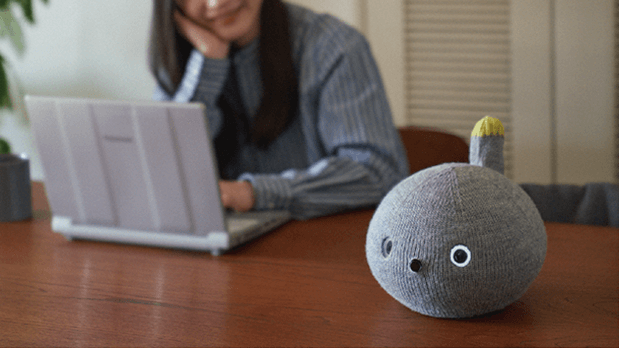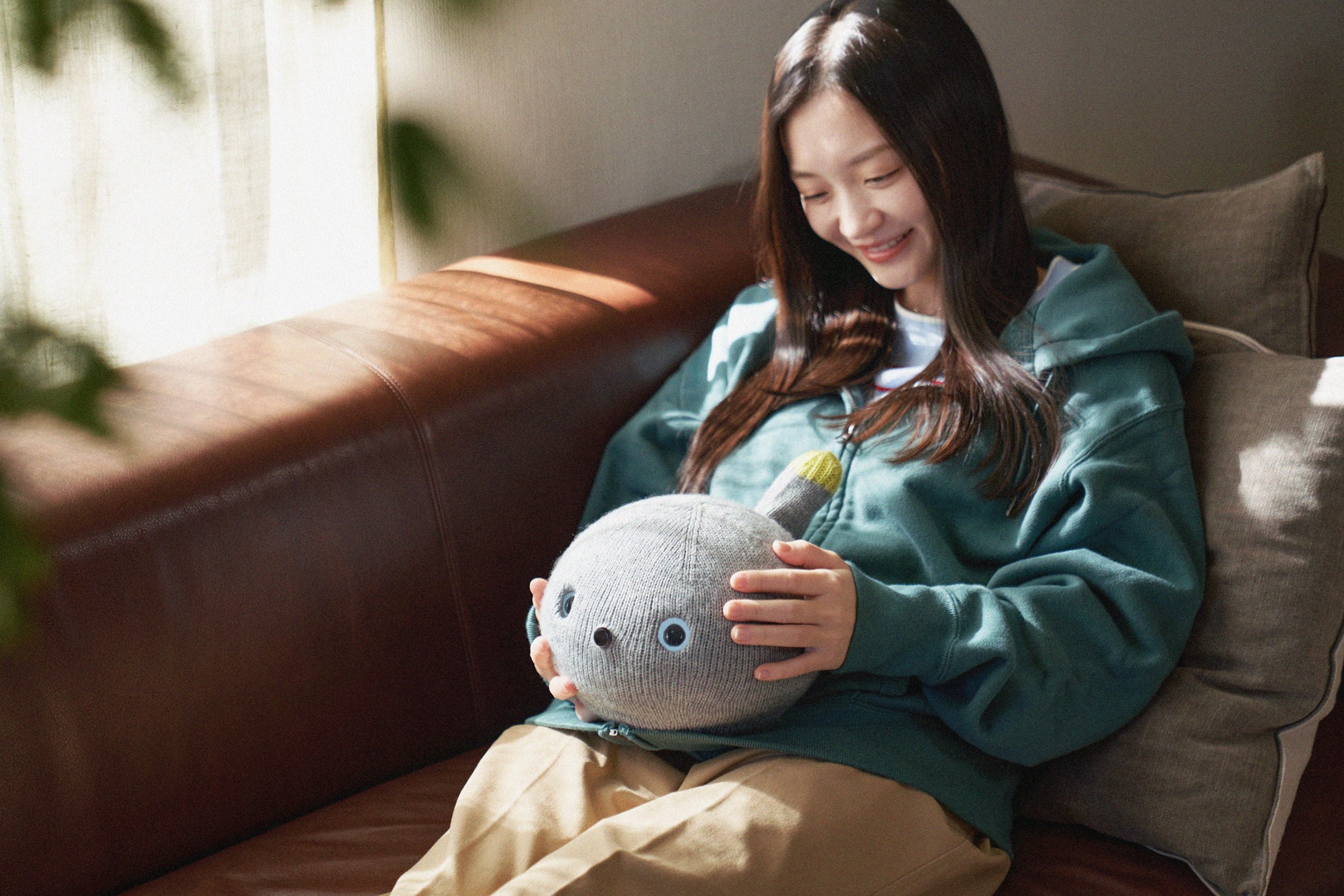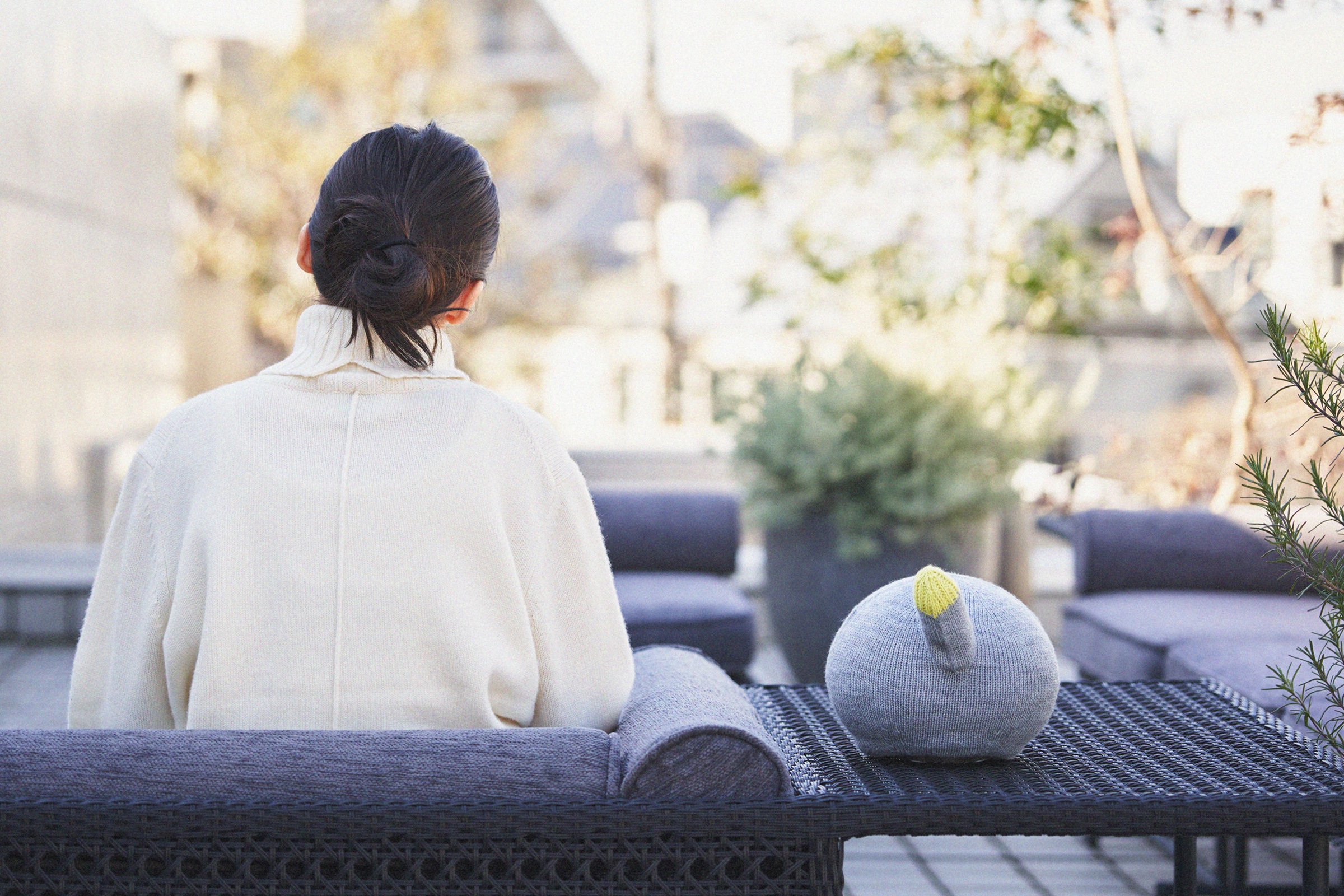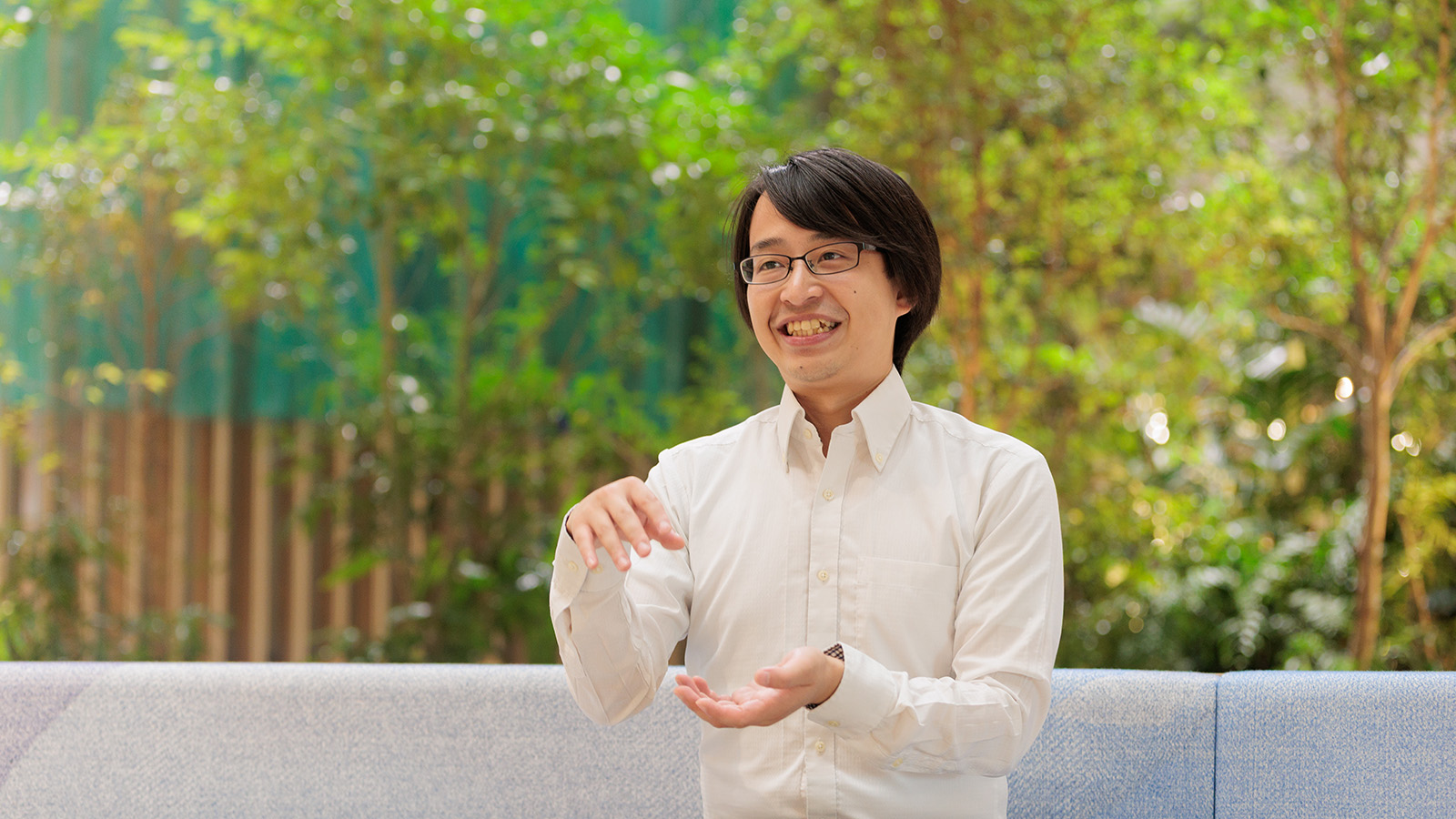
It's one of the paradoxes of 21st century life in developed countries. The more "connected" we become with each other via smartphones and social media, the more disconnected and lonely many of us feel. Some derive superficial stimulation from online games and similar distractions, but miss the emotional stimulation that face-to-face interaction and companionship bring.
Loneliness among the elderly has long been recognized as a challenge in many countries, with more and more older people living alone and remote from their families. But the condition is increasingly affecting younger people. A survey conducted in Australia in 2019 revealed that, even prior to the advent of COVID-19 and lockdowns, one in three young adults aged 18-25 reported problems of loneliness.
Both trends are apparent in Japan also, with the additional factor that a relatively high number of households here are single-occupancy, particularly in the large cities (in Tokyo the percentage is almost 50%).
The outbreak of the COVID-19 pandemic and the ensuing restrictions on people's movements and on business operations have been less severe in Japan than in many other countries, but they have nonetheless caused many Japanese to spend more time at home, either alone or in unusually extended proximity to family and other household members.
Always quick to spot emerging social trends and develop products that cater to these, Japanese manufacturers, including Panasonic, have been busy designing products that support these increasingly home-based, often solitary, lifestyles. Having concentrated until now on the development of consumer products that automate household chores and provide home entertainment, their focus is broadening to include products with "softer" attributes; those that provide their owners with emotional support.
Which is where NICOBO--Panasonic's new small cuddly robot--comes in. The name derives from the Japanese word for "smile", which is what NICOBO is designed to make their owners do. And at first glance, it seems, little else.
In fact, NICOBO has been designed to perform a minimum of actual tasks. It can't even move by itself. And rather than just providing emotional support for its owner, the soft round cuddly NICOBO likes to receive it, responding positively when it does. Think of a purring cat.
Commented Professor Michio Okada from the Toyohashi University of Technology, whose researchers collaborated with Panasonic on the development of the NICOBO prototype, "Research has shown that the sense of being responsible for something small and vulnerable can alleviate feelings of loneliness in humans and give them a sense of competence and autonomy."
In other words, just like a small pet does. Except that NICOBO requires no feeding or exercise, makes no mess, and will not bother your neighbors. So it's actually more of a room-mate.
Yoichiro Masuda, Chief of the Visual & Sound Business Unit at Panasonic, led the team that developed the NICOBO robot. "We were working on the NICOBO prototype for some time before COVID-19 came along," he explained. "But the pandemic has certainly influenced its design--and accelerated our development."
The concept of a companion that relies on its owner is not new. 25 years ago, the Tamagotchi virtual pet took Japan, and then the world, by storm. It too required nurturing by its owner. NICOBO and other new generation companion devices are a logical development of this concept, updated with 21st century technology to support 21st century lifestyles.
The round and cuddly NICOBO learns to recognize its owner's face and responds to their voice and touch. Pat it and it will wag its tail. It learns to recognize certain words and phrases and will sometimes respond to these--and sometimes not, underscoring the message that NICOBO has feelings and moods of its own.
It may sometimes speak spontaneously. Its voice and speaking style is that of an infant, which further underlines its vulnerability. NICOBO will sometimes give a sign that it needs a hug, responding when it receives one. It learns how to interact with its owner gradually, mimicking a real-life human relationship.
NICOBO is happy to just sit nearby... it may occasionally initiate contact with its owner spontaneously
And, emphasizing its role as a companion who aims to put a smile on its owner's face, NICOBO will sometimes even break wind without warning. How much more life-like can you get?
Project lead Masuda explains more of the thinking that lay behind its development. "The downside of having so many convenient appliances and gadgets in your life is that these can make people--especially those living alone--somehow feel less alive. We therefore decided to create a 'weak robot'--a dependent companion that aims to arouse people's thoughtfulness and provide the emotional stimulation increasingly missing from their lives."
Professor Okada adds, "NICOBO encourages people to help. It's a similar dynamic to the 'Trash Robot' developed by researchers at our university. This doesn't pick up trash by itself; instead it rambles around it, which prompts people to recognize that trash is there and encourages them to pick it up. And unlike robots that perform physical tasks and require space to move around in, NICOBO takes up very little space at all."
Panasonic tested the likely market reaction to NICOBO through a crowdfunding activity, the success of which demonstrated the potential demand. For now, it is being developed with an eye for the Japan market, but Panasonic envisages its 'weak robot' might appeal in many overseas markets, particularly in urban centers with demographics similar to those of Japan's major cities. In the meantime, a prototype is being tested and tweaked in line with feedback from early users.
Reflects Masuda, "Our ultimate aim is for people to discover more of their inner kindness and to appreciate feelings of companionship and affection. We are also seeking to normalize the relationship between humans and robots--our vision is for it to become normal for people and robots to live together in the society of the future."
# # #
Disclaimer:
We would like to note that Panasonic Newsroom is not a place to address personal Customer Service issues. Even though this is not the forum, Panasonic is always eager to resolve your concerns. Our local customer services contacts can be found at Global Support or you can see our list of Social Media Accounts to find the right channel for your queries and concerns.
Related Articles
Related Videos
Talking to NICOBO (Japanese)
Communicating with NICOBO #1 (Japanese)
Communicating with NICOBO #2 (Japanese)
Communicating with NICOBO #3 (Japanese)








